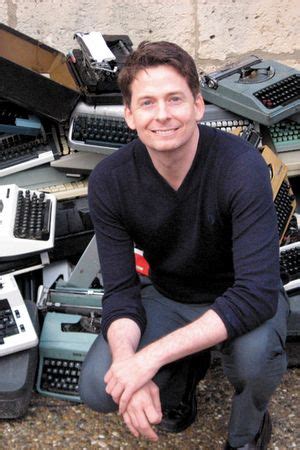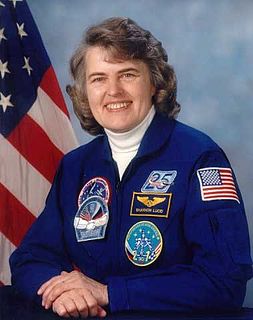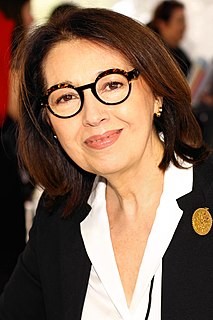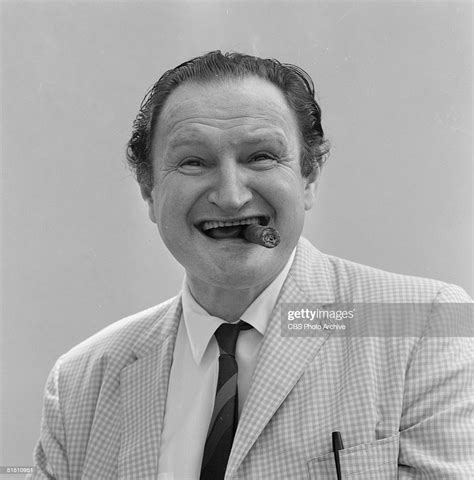A Quote by John Searles
I think I'm more sympathetic to writers, to the work and the struggle and the craft of it, than when I was in graduate school at NYU and was very judgmental.
Quote Topics
Related Quotes
If my life is any example, the work that youth workers are doing is very, very important. It tends to get marginalized in the church or seen as less important than being a senior minister in a large, prosperous congregation; but I don't believe that for a minute. I think this is absolutely critical work in the life of the church; and I think my path in life would have been much different if it hadn't been for my youth minister, Burt Randle, and a series of campus ministers in both college and graduate school.
I'd studied English literature and American history, but the English literature, which I thought was going to be helpful to me in an immediate way, was the opposite. So I had to un-think a lot of things and move out of my own head, and I learned a lot. It was like graduate school, but an un-graduate school or an un-school.
People who graduate are more resilient financially, and they weather economic downturns better than people who don't graduate. And, throughout their lives, people who graduate are more likely to be economically secure, more likely to be healthy, and more likely to live longer. Face it: A college degree puts a lot in your corner.
I went to graduate film school at NYU, and at first I didn't get a degree, because I took a scholarship that was supposed to pay my tuition, and I used it to make a film. For the longest time, I never actually graduated. And about 70 percent of the things I learned there I had to unlearn, but 30 percent was really valuable. It's like Mark Twain said, "Don't let school get in the way of your education."






































